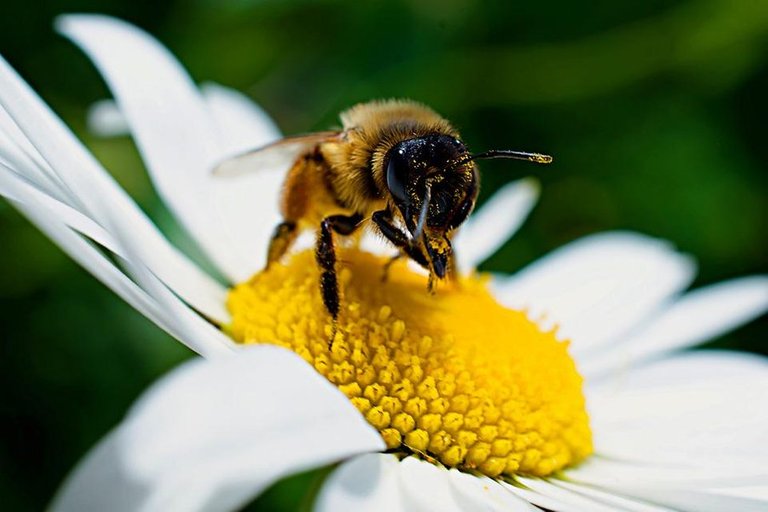Pollinators in the garden? 🦋🐞🐝🐜🐜🪲🐦
Attracting some animals to our gardens can be beneficial. An important example of these are pollinators, which feed on the nectar of flowers and accidentally carry pollen during their visits from one flower to another. The process of pollination results in the reproduction of plants and fruits.
¿Polinizadores en el jardín? 🦋🐞🐝🐜🪲🐦
Nunca antes había puesto interés en clasificar los jardines por tipos de plantas, ni crear condiciones para ningún animal, o insecto. Siempre he estado inclinada por plantas que sean productivas y no las ornamentales. Aún así, todos los días redefinimos nuestras preferencias.
Atraer a algunos animales a nuestros jardines puede ser beneficioso, Un ejemplo importante de ellos, son los polinizadores, Los cuales se alimentan del néctar de las flores y transportan accidentalmente polen durante sus visitas de una flor a otra. El proceso de polinización da lugar a la reproducción de las plantas y así mismo a los frutos.
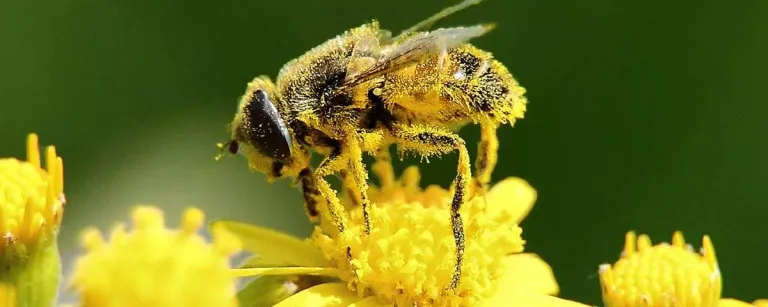
Among the main pollinators that we can find in our gardens we have the hummingbird, butterflies, bees, wasps, ants, beetles, etc. They maintain the ecological balance in nature, and without them it would not be possible to guarantee the food that the world demands.
We must think with kindness how to include pollinators in our gardens, remembering that we could also attract birds, rodents or others that are attracted to our fruits. The best way is to bring them closer to our crops through plants or flowers.
Entre los principales polinizadores que podemos encontrar en nuestros jardines tenemos al colibrí, a las mariposas, las abejas, las avispas, las hormigas, los escarabajos, etc. Ellos mantienen el equilibrio ecológico en la naturaleza, y sin ellos no sería posible garantizar los alimentos que demanda el mundo.
Debemos pensar con amabilidad cómo incluir a los polinizadores a nuestros jardines, recordamos que también podríamos atraer aves, roedores u otro que se encuentre atraído por nuestros frutos. La mejor forma es aproximarlos a nuestros cultivos a través de plantas o flores.
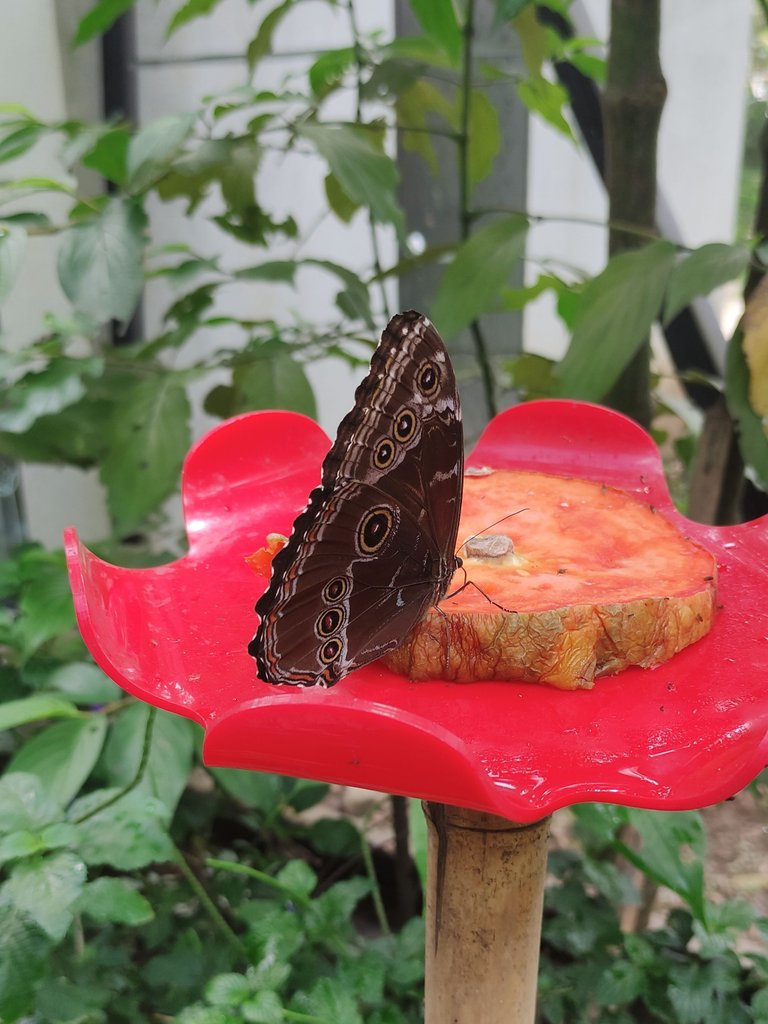
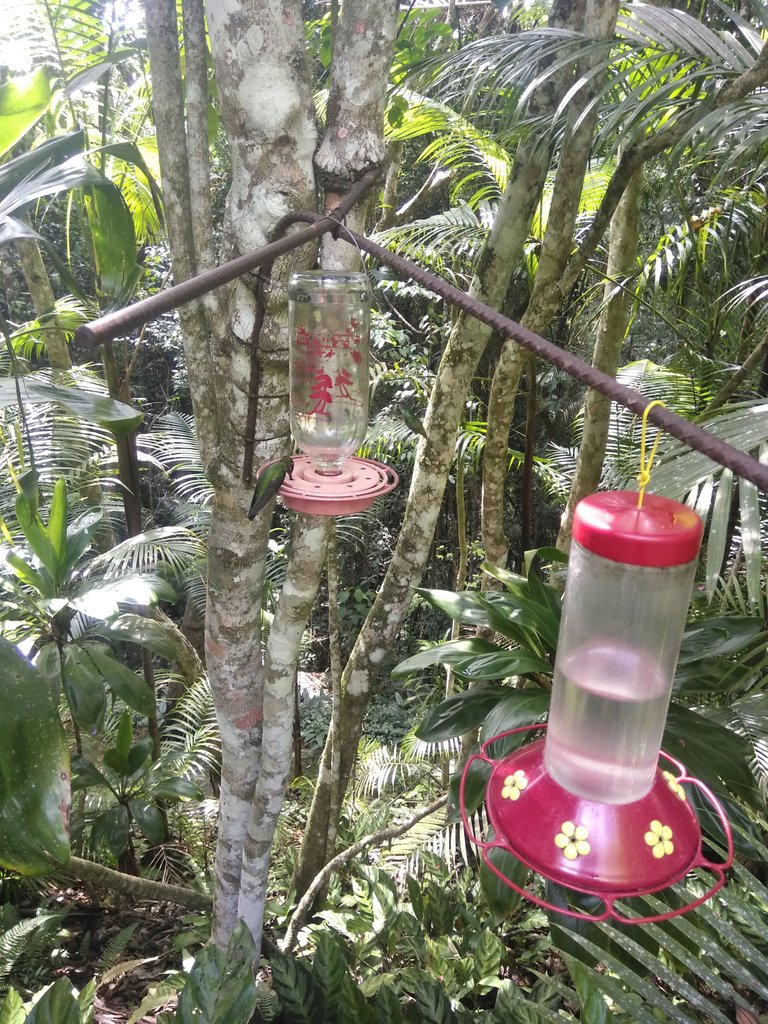
Flowers are ideal, because they bring joy, variety, colors, special and exquisite aromas to our gardens. The flowers, colorful, with pleasant aromas generate happiness, and increase our positive energy, directly influence the mood 🥰 These are the favorite of pollinators because their sweet nectar is an attraction.
Having contact or being close to nature helps us to maintain physical, mental and spiritual health. All human beings have a neurobiological connection with nature, providing well-being.
Nature has many wonders to offer us, it recharges us and also relaxes us, it is the best medicine when we need to organize our thoughts and regain serenity.
Las flores son ideales, porque brindan a nuestras huertas alegría, variedad, colores, aromas especiales y exquisitos. Las flores, coloridas, con agradables aromas generan felicidad, y aumentan nuestra energía positiva, influyen directamente en el estado de ánimo 🥰 Estas son las favoritas de los polinizadores pues su dulce néctar resulta ser un atractivo.
Tener contacto o estar cerca de la naturaleza nos ayuda a mantener la salud física, mental y espiritual. Todos los seres humanos tenemos una conexión neurobiológica con la naturaleza, proporcionando bienestar.
La naturaleza tiene muchas maravillas para ofrecernos, nos recarga y también nos relaja, es la mejor medicina cuando necesitamos organizar nuestros pensamientos y recuperar la serenidad.
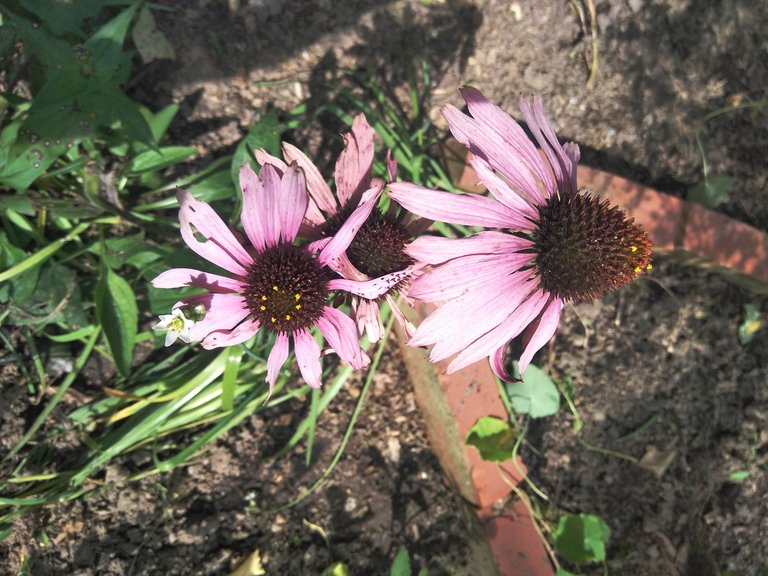
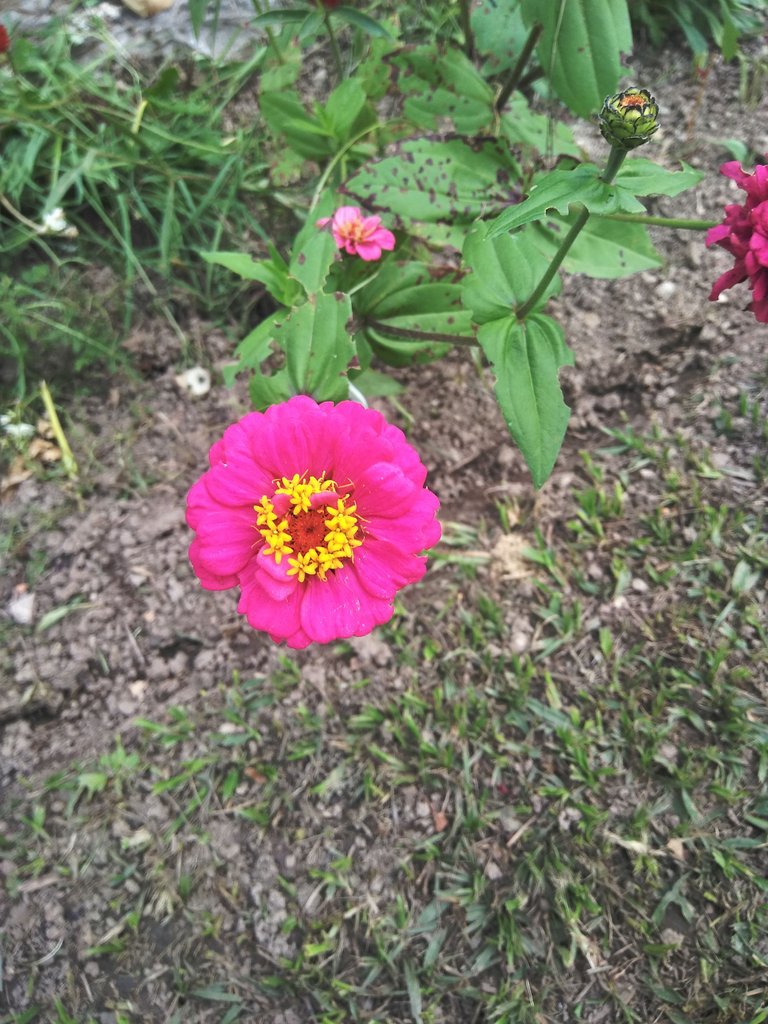
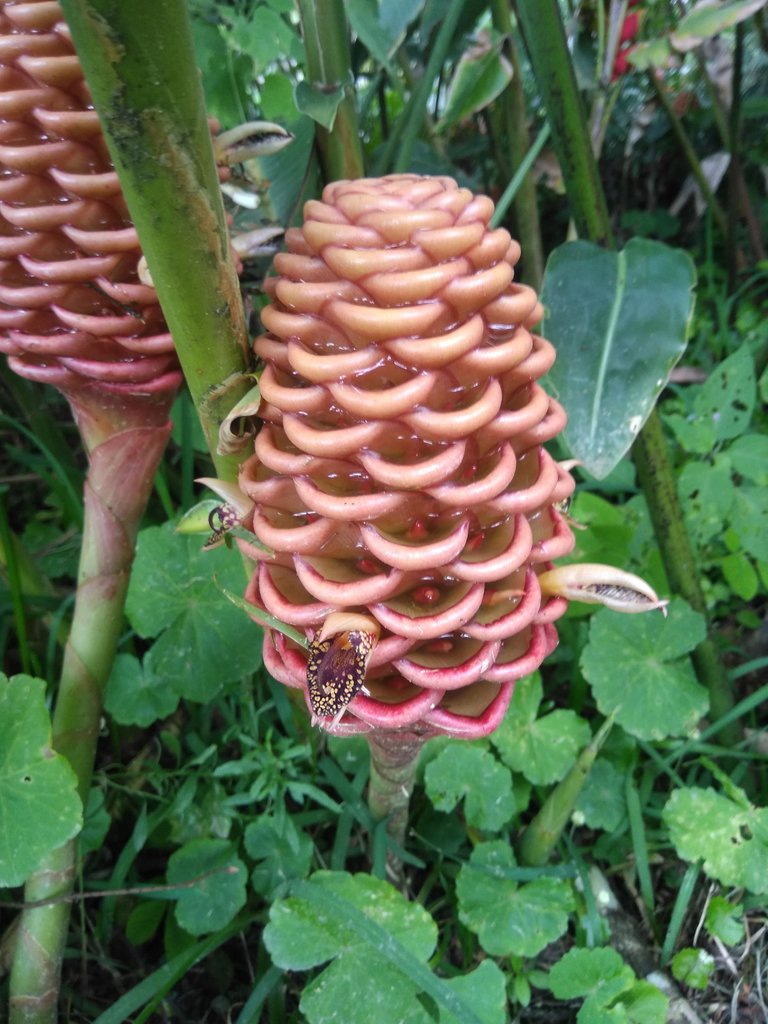
One way to incorporate pollinators in our gardens can be with drinking troughs, feeders or building overlapping wooden houses for their shelter, although initially it may be difficult for them to adapt, after a while they will do so, finding comfort, shelter or food. It is likely that pollinators will also form their own home in your garden, so letting them coexist with your plants is an excellent option as long as your activities do not interrupt their evolutionary process.
Remember that to receive pollinators it is necessary that you have a clean, dry and fresh place to offer them, because it is impossible for pollinators to live in any place where there are elements of contamination.
We dream of making our garden a small oasis of life and color. That is why I invite you to think about how you can integrate all these small elements in the same place.
Una forma de incorporar a los polinizadores en nuestros jardines puede ser con bebederos, comederos o construyendo casitas de madera superpuestas para su refugio, aunque inicialmente puede ser difícil que se adapten, al cabo de un tiempo lo harán, encontrando confort, refugio o alimento.
Es probable que los polinizadores también formen su propio hogar en tu huerto, por lo que dejarlos convivir con tus plantas es una excelente opción siempre y cuando tus actividades no interrumpan su proceso evolutivo.
Recuerda que para recibir a los polinizadores es necesario que tengas un lugar limpio, seco y fresco que ofrecerle, pues es imposible que los polinizadores hagan vida en cualquier lugar donde hayan elementos de contaminación.
Soñamos en hacer de nuestro jardín un pequeño oasis de vida y color. Es por ello, que invito a pensar cómo puedes integrar todos estos pequeños elementos en un mismo lugar.
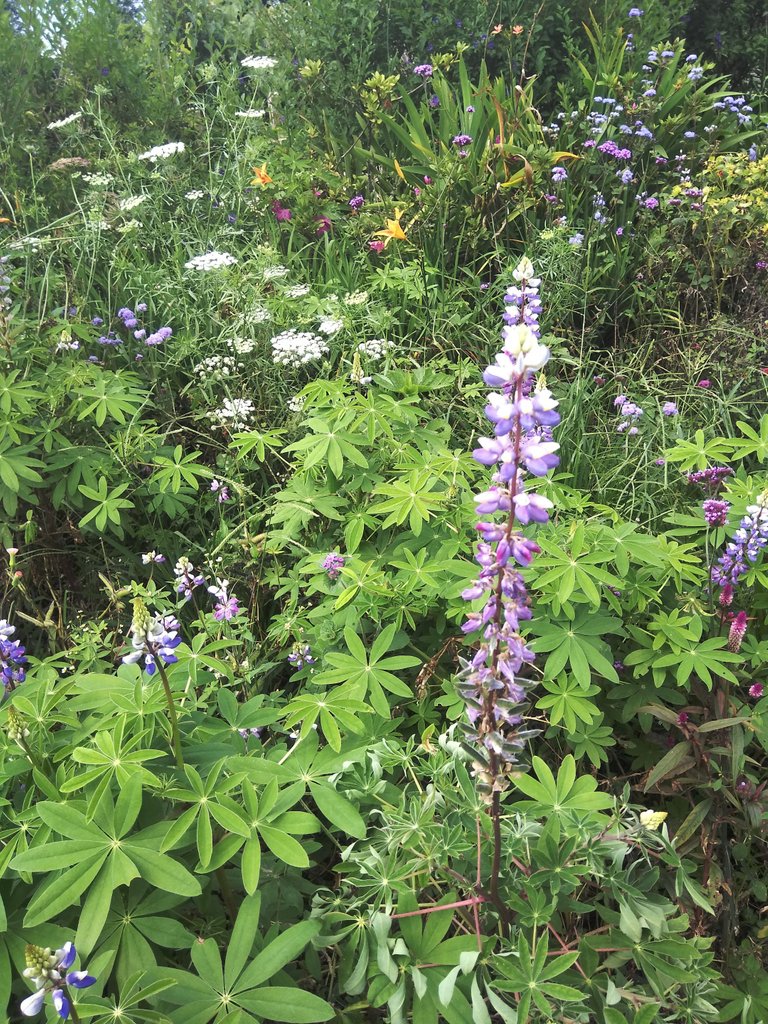
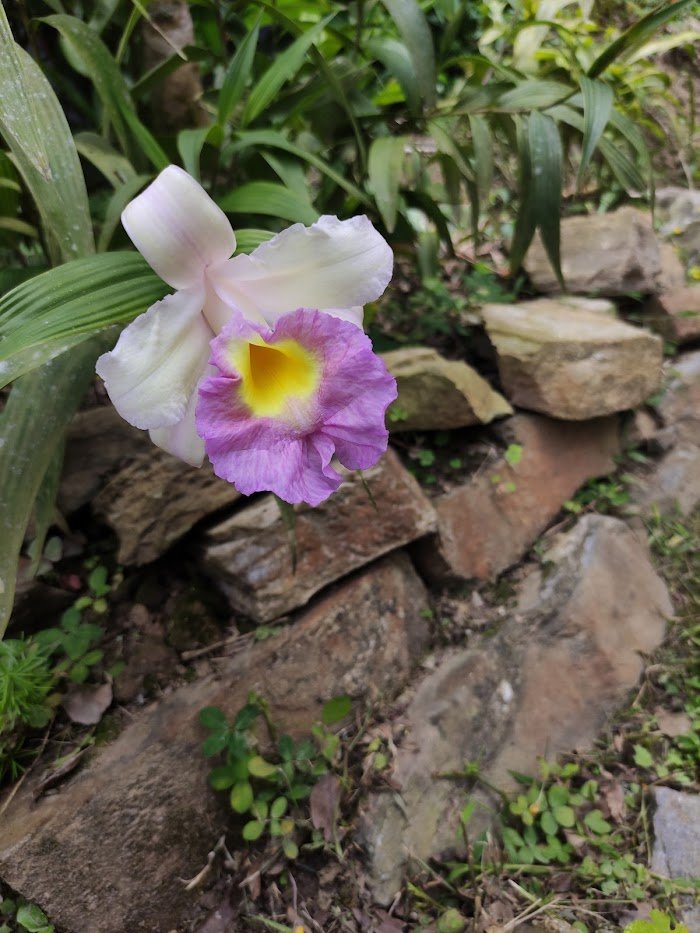
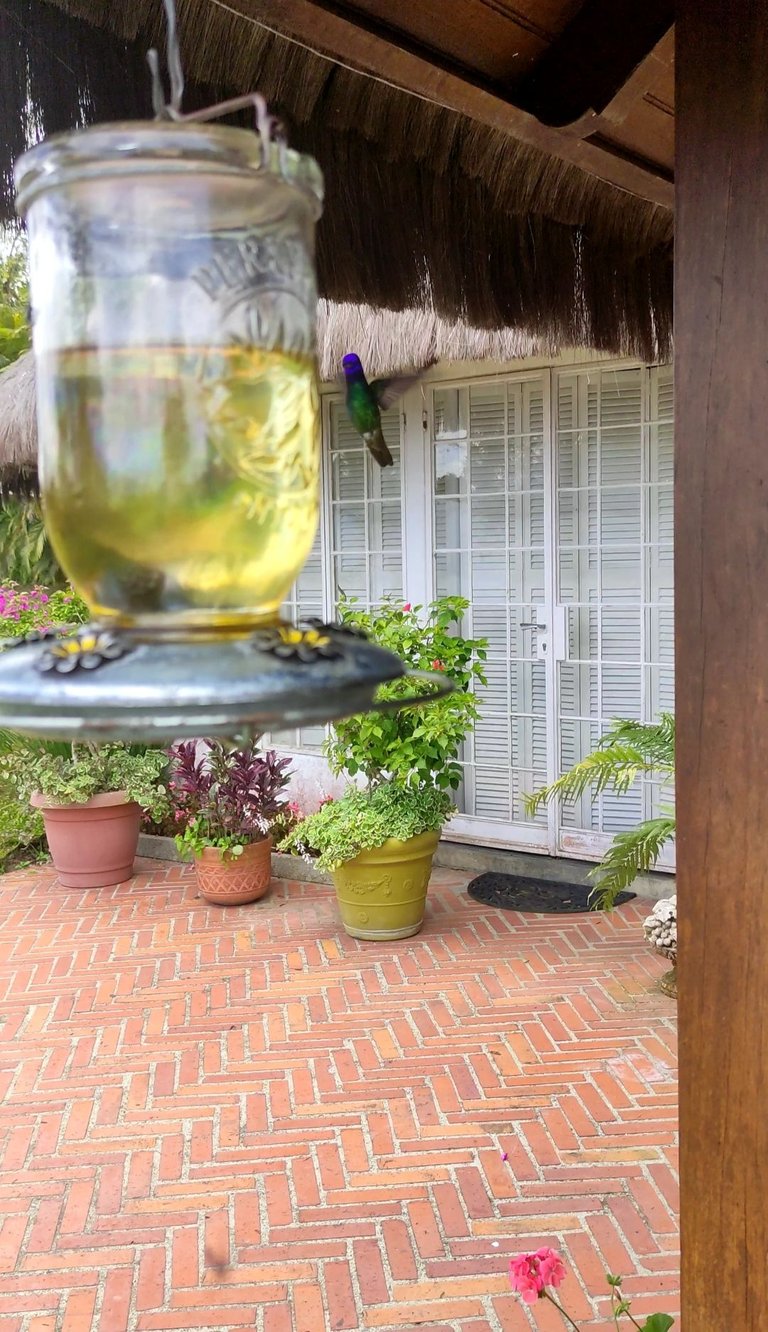
Many agricultural practices threaten the variety of pollinator species, due to the content of chemicals used in substrates, fertilizers, or others. These kill with the life of any species, which deeply affects the balance in the world, in food production, in the reproduction of plants and species, in the correct evolutionary process of pollinators.
Personally, I take on the challenge this year to include in the gardens some elements that allow pollinators to get closer to our crops. I will also continue to avoid at all costs the use of pesticides or agrochemicals on any of my plants, only inclined to the natural tendency.
These practices are also unhealthy for our food consumption, as it has been proven to cause multiple diseases and ailments.
I invite you to stay tuned here to enjoy the work I will be doing in the gardens where I collaborate.
Muchas de las prácticas de la agricultura amenazan con la variedad de las especies polinizadoras, debido al contenido de químicos que se emplea en sustratos, abonos, u otros. Estos matan con la vida de cualquier especie, lo que afecta profundamente el equilibrio en el mundo, en la producción de alimentos, en la reproducción de las plantas y especies, en el correcto proceso evolutivo de los polinizadores.
Estás prácticas tampoco son saludables para nuestro consumo de alimentos, ya que está demostrado que es causante de múltiples enfermedades y padecimientos.
Personalmente, asumo el reto este año de incluir en los jardines algunos elementos que permitan a los polinizadores acercarse más a nuestros cultivos. También a seguir evitando a toda costa utilizar pesticidas o agroquímicos en alguna de mis plantas, solo inclinada a la tendencia natural.
Les invito a que sigan atentos por acá a disfrutar del trabajo que estaré realizando en los jardines en los que colaboro.
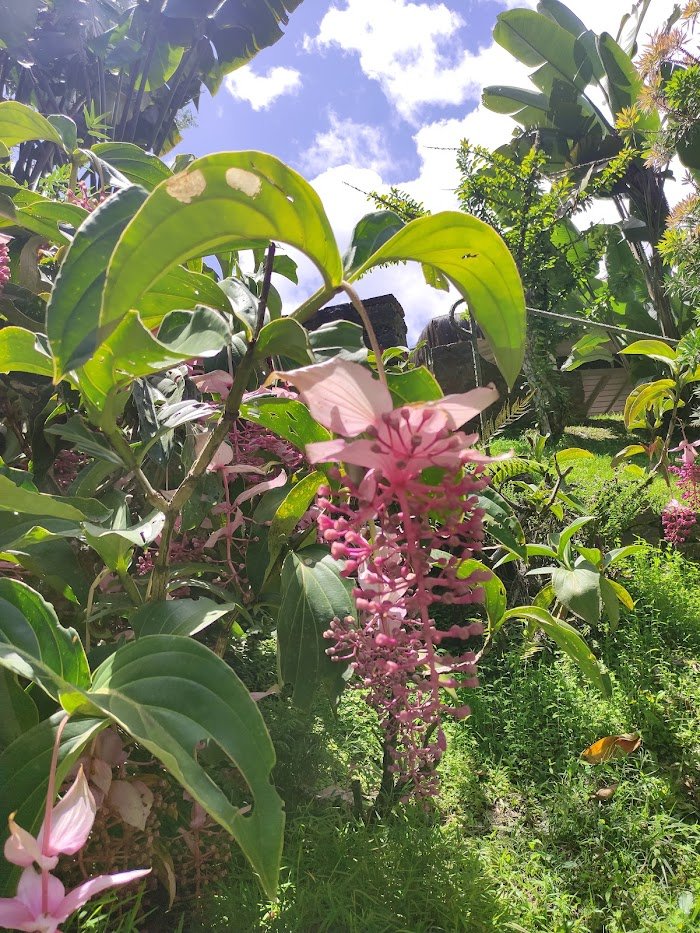
https://www.instagram.com/anitaricop/
https://www.instagram.com/cosechalotuyo/
Traducciones gracias a / Translate thanks to: DeepL
